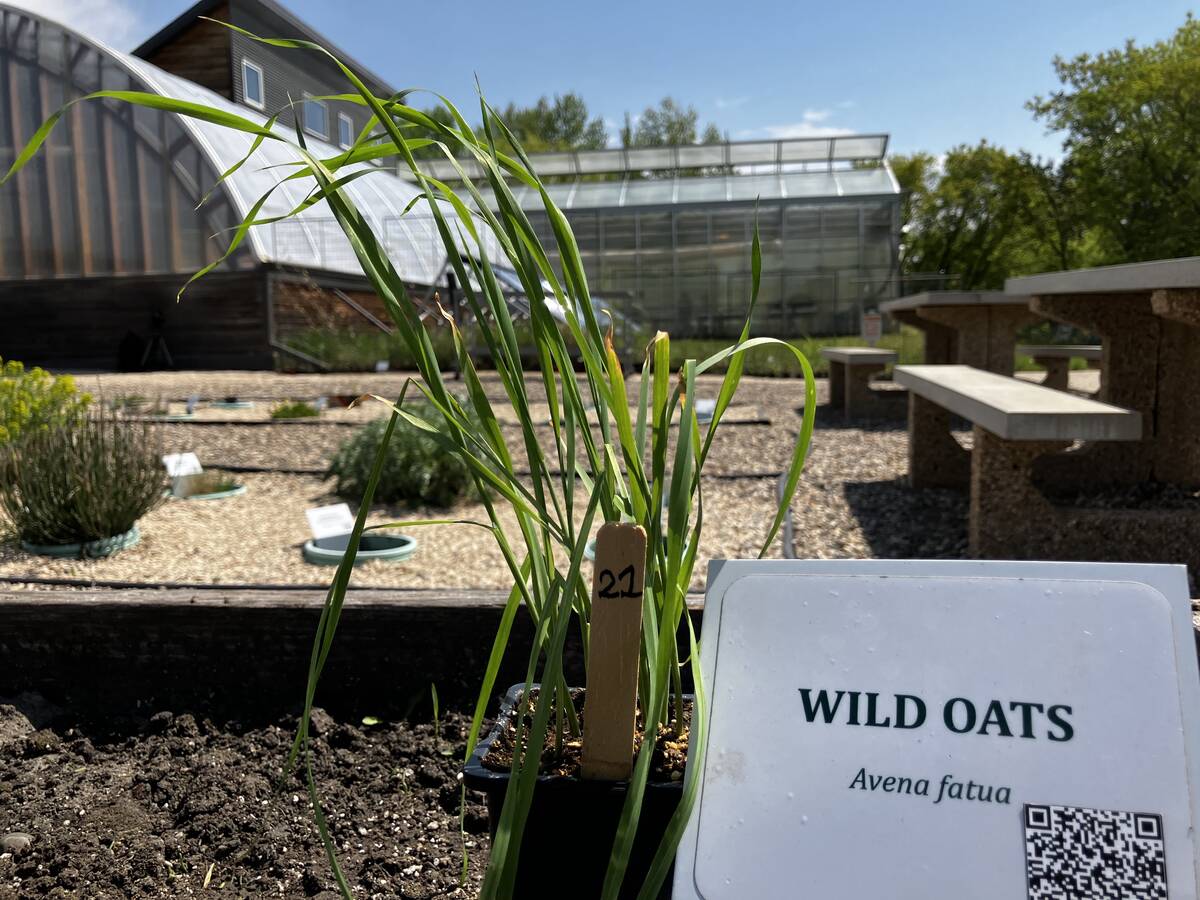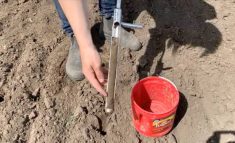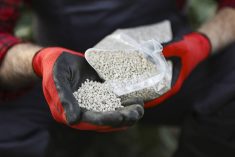reuters / Mosaic’s quarterly operating profit fell 30 per cent and the fertilizer producer said it expects potash margins to fall further in its current quarter, a reflection of its recent low-priced contract with China.
China has been aggressively negotiating for lower potash prices. In December, Sinofert Holdings signed a deal with Canpotex — the sales agency for PotashCorp, Mosaic and Agrium — at a steep discount.
Mosaic chief executive Jim Prokopanko blamed low demand and smaller rivals.
“Others were willing to do something on pricing,” he said in an interview. “However, we think volume is coming back.”
Read Also

MANITOBA AG DAYS: Wild oat resistance tightens its grip in Manitoba
Herbicides are increasingly failing to control wild oats as the weed pops up across Manitoba farm fields.
Mosaic said it expects to sell between 1.5 million and 1.8 million tonnes of potash in its third quarter, with prices ranging from $370 to $400 per tonne, down from $443 per tonne in the second quarter.
Prokopanko said he expects demand for fertilizer to grow.
“Basic farm fundamentals are starting to overtake a sentiment in the world,” he said. “Farmers, at these high grain prices, don’t want their plants to suffer without proper nutrition.”
Ag secretary says get rid of direct farm subsidies
nashville / reuters Congress should reform U.S. farm subsidies and end a $5-billion-a-year “direct payment” as part of delivering an overdue overhaul of the farm program this year, says Agriculture Secretary Tom Vilsack.
Instead, the farm safety net should be built on the federally subsidized crop insurance system, he said.
“We need a five-year Farm Bill and we need it now,” said Vilsack, who has been appointed for President Barack Obama’s second term.
Farm-state lawmakers have proposed $23 billion to $35 billion in cuts in Agriculture Department programs over 10 years. The administration proposed $31 billion, including an end to the direct payment and scaling back crop insurance subsidies for big farmers.
The Farm Bill would cost roughly $500 billion, with the bulk of the money going to food stamps for the poor.
















